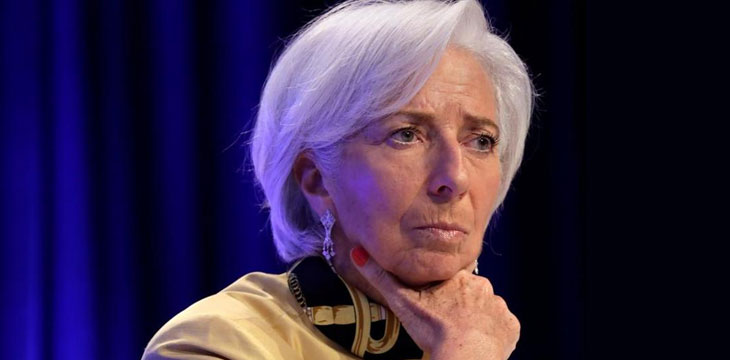|
Getting your Trinity Audio player ready...
|
In a newly published article by the International Monetary Fund (IMF), the group points out, “Crypto assets may one day reduce demand for central bank money.” There’s certainly a lot of truth to that statement, although no one should expect monumental changes to happen overnight. The article provides a great amount of detail on cryptocurrencies, from their inception to their future, and virtually every point in between.
The IMF discusses the limited inflation risk associated with cryptocurrency assets due to their limited supply. It further indicates that “with better issuance rules…, their valuation could become more stable.”
According to the report, “As a medium of exchange, crypto assets have certain advantages. They offer much of the anonymity of cash while also allowing transactions at long distances, and the unit of transaction can potentially be more divisible. These properties make crypto assets especially attractive for micro payments in the new sharing and service-based digital economy.”
The IMF also points out that crypto transactions, unlike bank transfers, can be settled quickly and don’t require an intermediary. This is a huge benefit in cross-border transactions which, currently, are expensive, slow and cumbersome. Whereas typical bank transfers can take days or weeks, crypto-based transfers are typically completed in a matter of minutes at only a fraction of the cost.
The growth of crypto assets and distributed ledger technology (DLT), as explained by the IMF, could also lead to a shift in payment systems. Whereby today, payments are generally managed through accounts, a future system could be based on tokens. Account-based systems require that transactions are recorded with, and trusted by, an intermediary; however, as already undeniably proven by DLT, a crypto-based transaction can be verified immediately as the transaction is processed, resulting in no need of an intermediary.
The result of this shift in payment systems would be a system where money is created based on commodity instead of credit. While this, obviously, doesn’t sit well with traditional financial institutions, the increase of cryptocurrency offerings by the institutions could indicate an acceptance of what the future will bring.
The IMF points out that, for banks to survive, they must “strive to make fiat currencies and more stable units of account.” Christine Lagarde, the IMF managing director, pointed out last year, “The best response by central banks is to continue running effective monetary policy, while being open to fresh ideas and new demands, as economies evolve.”
The report also touches on regulations, stating that governments need to regulate cryptocurrency assets to prevent regulatory arbitration and to level the fiat-crypto playing field. With less regulatory oversight of the cryptocurrency industry, crypto can grow more rapidly to take the advantage against fiat.
Ultimately, the message is clear. Fiat banks and financial institutions need to open their eyes and deal with cryptocurrency. There is no denying the fact that crypto is here and it has everything going for it to be the currency of the future. As it evolves and matures, it will gain favor with an ever-growing population of consumers, eventually expanding to be the preferred currency of a new global economy.

 02-15-2026
02-15-2026 




